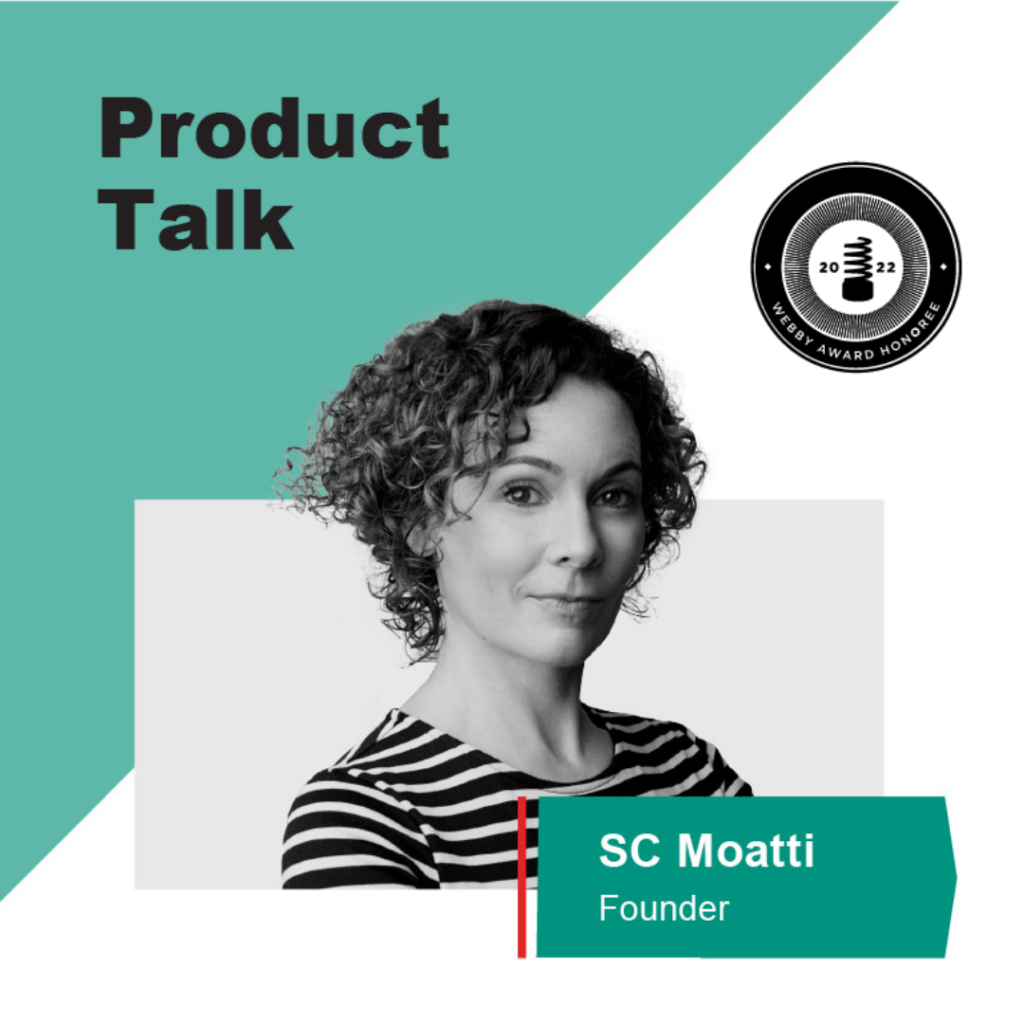Looking back, Quibb relied on influencers creating content which is time-consuming. We tried to avoid this obstacle by allowing influencers to share what they are reading instead of creating original content. The theory behind this was that the topics people write about often come from what they read. So if you’re interested in a person because of the things they think then the things they read are a component of that.

A New Focus On Machine Learning
My new company develops products that are at the intersection of Artificial intelligence and User interfaces. We’ve built, launched, and trashed a few different things. One of the things I’ve learned about Machine learning is that we’re only one level of abstraction above pure math. ML is hard to do – it requires a lot of technical people who understand the underlying science.
From my experience ML is not a simple plug in to your system and you’re done. I think some people believe they can win a product category by simply saying you have an ML product which is not true. This touches on our earlier conversation about what makes a winning product. I think that there are some uses for ML that make sense. Which is why we’re still on this bumpy road of people trying to figure out how to evaluate and when to use ML.
Winning Product Categories and Vectors of Success
To win product categories, you need to think about the vectors of success that are required. Not all vectors are the same. It depends on which vector you’re talking about because some of those vectors are changing quickly. Some of them are changing slowly. Some of them have a lot of people going after them and some of them don’t.
How do you create the vectors that you’re chasing with your product and feel confident that you have the capacity to win? You could build a really crappy product in some category- let’s say you’ve got a bunch of money and you can buy up all the ads for it. Chances are you’ll win. So I think those underlying dynamics will always be the same irrespective of what changes are happening in the broader macro environment.
It reminds me of shared wisdom about product, focus, and especially getting something off the ground. You have to be willing to let some fires burn and just be ok with it. So, you need to think broader than just like product vectors. In fact, you need to think specifically of the world. Take note of what is changing and what product you can build to fit in those spaces.
About the speaker
Sandi MacPherson started Quibb in 2013 from the heart of Silicon Valley, in small cafes on University Ave in Palo Alto. Before starting Quibb, Sandi worked in cleantech, graduating with her MBA from Schulich School of Business after roles at Environment Canada and Social Venture Partners.